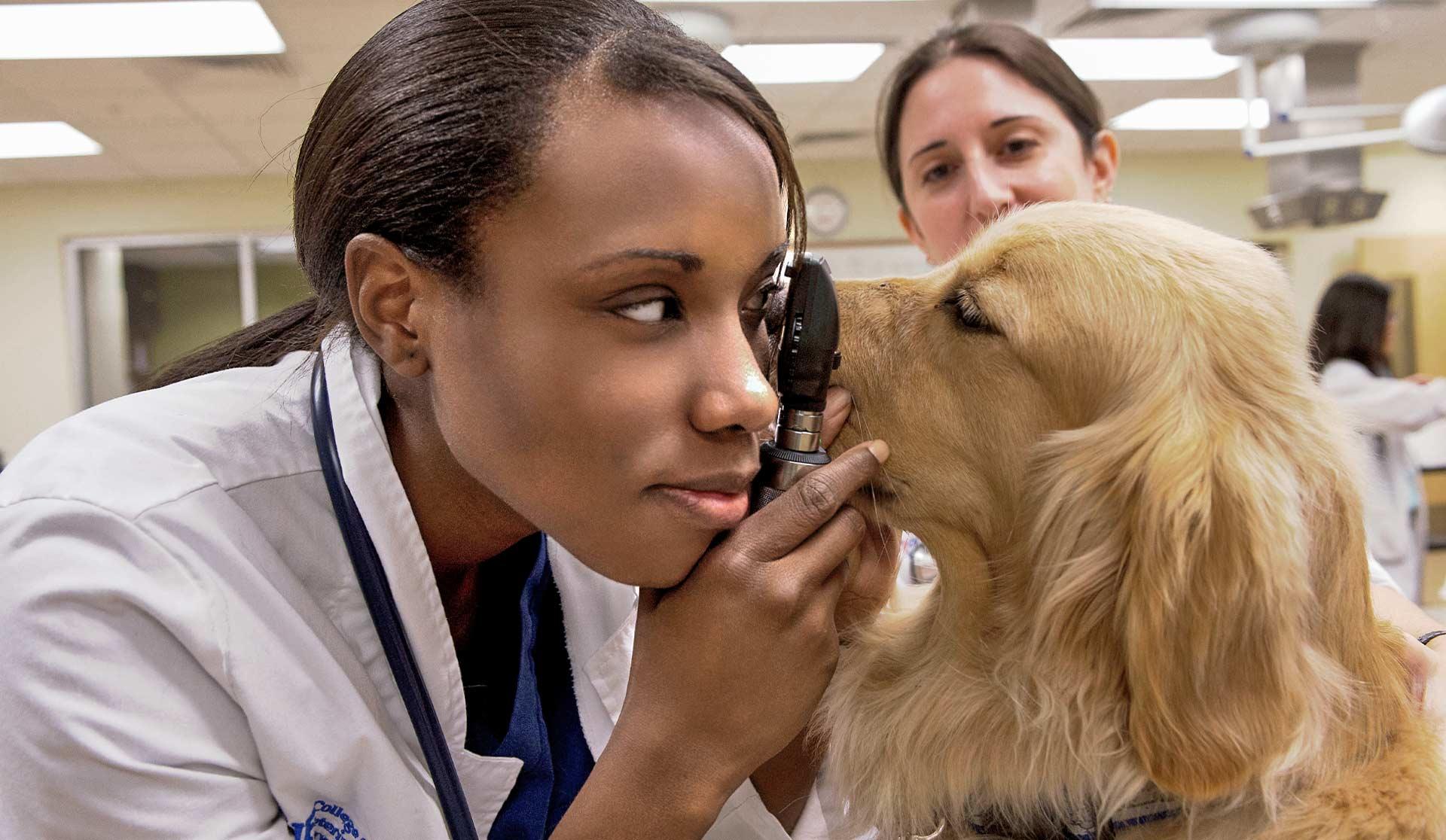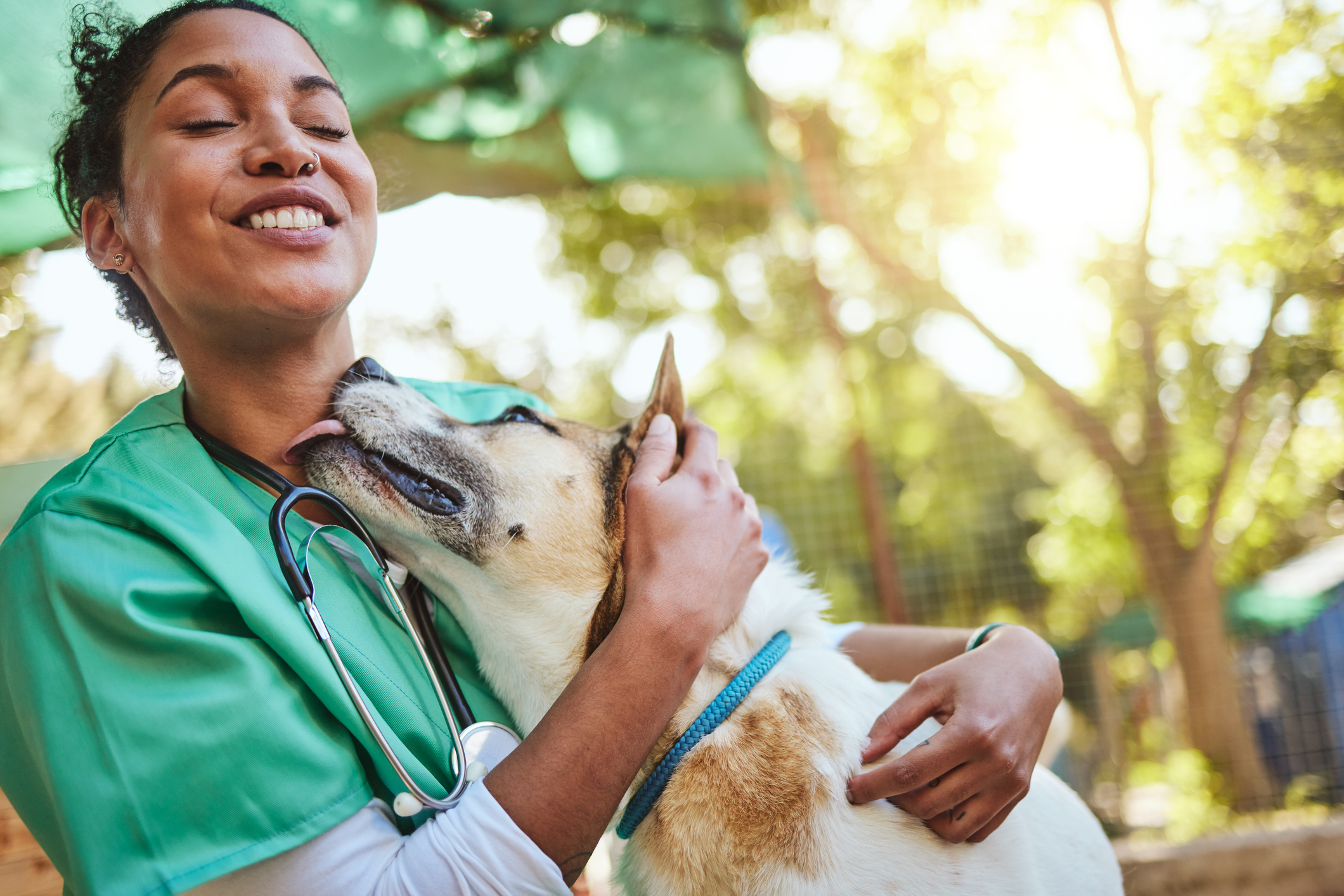Choosing the very best Veterinarian Enterprise for Timely and Compassionate Pet Treatment
Wiki Article
Vaccination Guidelines From Your Relied On Vet
Inoculation guidelines supplied by your trusted veterinarian play a crucial role in safeguarding your pet's health and health. Core vaccines are essential for all pets, while non-core vaccines can be customized to ecological direct exposures and certain way of livings. Comprehending the nuances of vaccination timetables, which begin as very early as 6 to eight weeks, is important for ideal protection. In addition, dealing with usual misconceptions bordering vaccines can further enhance pet owners' confidence in these safety nets. As we check out these vital facets, it ends up being increasingly clear why regular consultations with your vet are vital for notified decision-making.
Relevance of Inoculations
Vaccinations play a critical function in protecting pets versus a variety of preventable illness. By boosting the immune system to acknowledge and fight details virus, vaccines significantly minimize the incidence of infectious illness that can affect an animal's health and long life. Not only do inoculations safeguard individual animals, but they additionally add to herd resistance, thus reducing the total frequency of conditions in the animal populace.Timely vaccinations aid to alleviate the spread of illness such as rabies, parvovirus, and distemper, which can have severe repercussions for both human beings and pets. Inoculations are frequently a requirement for boarding facilities, brushing services, and dog parks, making them crucial for those that wish to socialize their family pets.

Core Vaccinations for Pets
While the specific vaccination needs of animals can vary based on individual aspects, core vaccinations are globally recommended to protect versus the most usual and significant diseases (Vet Enterprise). Core vaccines are those considered crucial for all pets, despite their way of life or geographical place, as they safeguard versus potentially deadly and very infectious illnessesFor pets, the core vaccines consist of those for canine distemper, parvovirus, adenovirus (hepatitis), and rabies. Canine distemper is a viral condition that impacts the respiratory system, intestinal, and nerves. Parvovirus is understood for creating serious gastrointestinal health problem, especially in pups. Adenovirus can lead to liver disease, while rabies is a zoonotic condition that poses a danger to both human beings and pets.
In cats, core vaccinations include feline panleukopenia, feline calicivirus, feline herpesvirus (rhinotracheitis), and rabies. Feline panleukopenia is an extremely transmittable viral condition that affects the immune system and intestinal tracts. Calicivirus and herpesvirus are significant contributors to upper respiratory system infections in cats, while rabies continues to be a critical issue for public health and wellness.
Seek advice from with your veterinarian to guarantee your pet dogs get their core vaccinations on schedule.
Non-Core Vaccines Explained
Non-core injections are tailored to deal with certain threats linked with a pet dog's exposure, atmosphere, and way of life to specific diseases. Unlike core vaccines, which are widely advised for all family pets, non-core injections are thought about based on private situations. These vaccines are particularly vital for family pets that might come across distinct pathogens as a result of their geographical place, traveling routines, or activities.Instances of non-core vaccinations consist of those for Bordetella bronchiseptica, which is linked to kennel coughing, and Lyme illness, caused by ticks. Pet dogs that often connect with various other animals, such as those in boarding centers, pet parks, or grooming settings, may benefit from Bordetella inoculation. If you live in an area where Lyme illness is prevalent, immunizing versus this disease can be a prudent option for outdoor-loving dogs.
Various other non-core vaccines might include those for leptospirosis, canine influenza, and feline leukemia, depending on the particular danger factors existing. It is necessary to have a complete discussion with your veterinarian regarding your pet dog's way of life and the possible need for these vaccines, ensuring a tailored inoculation approach that finest secures your hairy good friend.
Inoculation Schedule Introduction

As animals grow, it is necessary to abide by the recommended booster inoculations. Veterinarian Enterprise. For adult animals, core injections are generally offered every one to 3 years, depending on the details injection and regional regulations. Non-core vaccinations might be suggested based upon way of living factors and visit the site regional condition frequency, requiring a customized technique
Regular vet examinations are crucial for upgrading inoculation timetables. Your vet can supply assistance on one of the most ideal immunizations for your pet dog, considering age, health standing, and environmental threats. By staying aggressive and notified, pet proprietors can ensure their fuzzy companions get timely and efficient vaccinations, therefore securing their wellness and wellness throughout their lives.
Typical Myths About Vaccinations
Mistaken beliefs concerning animal inoculations can result in complication and reluctance among pet owners relating to the booster shot site process. One prevalent myth is that vaccinations are unnecessary for indoor animals. While it's real that indoor pets face reduced risks, they are not totally immune to illness, as microorganisms can be presented through different means, including human clothes and various other pet dogs.One more false impression is that injections can trigger the conditions they intend to stop. Actually, most injections consist of suspended or undermined microorganisms, which can not cause disease in healthy and balanced pets. Some pet owners additionally think that their pets need to not be immunized if they are already healthy and balanced; nevertheless, inoculations are a proactive step that aids stop the onset of ailment.
In addition, lots of family pet owners fear that vaccinations will lead to long-term wellness issues. The benefits of vaccination-- protecting pets from possibly lethal conditions-- much surpass the threats.
Verdict
In summary, adherence to inoculation standards is essential for ensuring the health and wellness and long life of pets. Resolving common myths bordering vaccinations even more reinforces the significance of educated decision-making in pet care.Not only do inoculations secure individual pets, yet my response they likewise contribute to herd immunity, consequently reducing the overall prevalence of conditions in the pet dog populace.
Misunderstandings about animal inoculations can lead to complication and hesitation amongst pet dog proprietors pertaining to the booster shot procedure. While it's true that interior family pets deal with lower risks, they are not entirely immune to illness, as microorganisms can be presented via various methods, consisting of human clothes and other family pets.
Some animal proprietors likewise believe that their pet dogs ought to not be vaccinated if they are already healthy; nevertheless, vaccinations are a positive step that helps prevent the start of ailment.
The advantages of vaccination-- protecting pets from possibly deadly illness-- far surpass the threats.
Report this wiki page